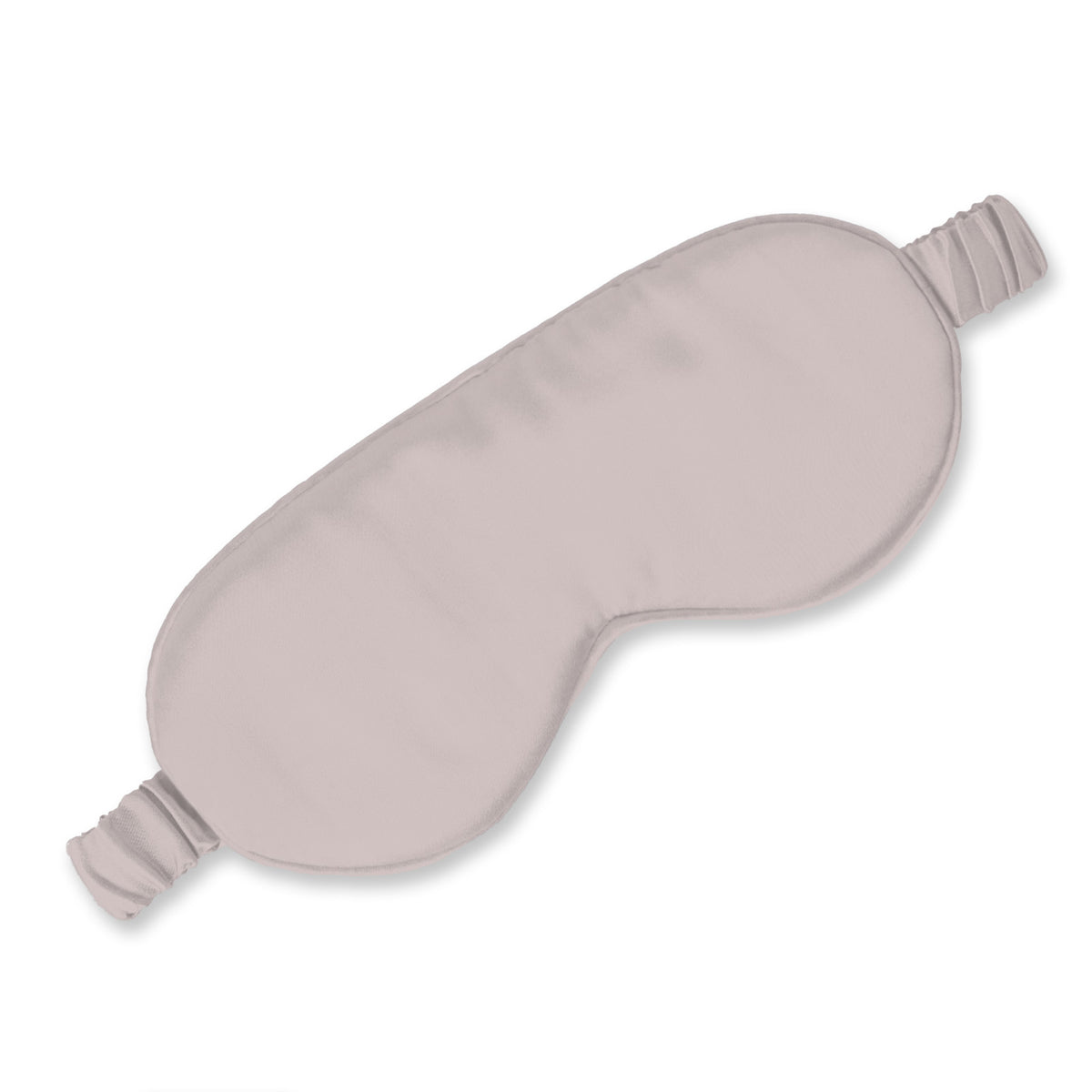But what if you have tried it all?
You have a consistent sleep schedule, you eat a balanced diet, live an active lifestyle, your bedroom is a mini-spa, and you have a nighttime routine that would make a sleep therapist proud. Despite your best efforts, you still are not getting quality sleep.
If this sounds like you, genetics may be in play, negatively impacting your ability to get a restful night’s sleep.
Is Our Gut Connected To Sleep?
After talking to our friends at SNiP Nutrigenomics, we learned that there is evidence to suggest that the correlation between genetics and gut health may impact our sleep health. Certain genetic variants are associated with specific conditions.
Here are just a few of the examples shared by Nurse Andi of SNiP Nutrigenomics:
“MTHFR* (methylenetetrahydrofolate reductase) is an enzyme that plays a critical role in the metabolism of folate and homocysteine. Variations in the MTHFR gene have been linked to an increased risk of depression, anxiety and other mental health conditions, as well as gut-related issues such as inflammatory bowel disease.
FUT2* (fucosyltransferase 2) is an enzyme that regulates the production of certain sugars on the surface of cells in the gut. Variations in the FUT2 gene have been linked to an increased risk of inflammatory bowel disease and other gut-related conditions.
IL-6* (interleukin-6) is a pro-inflammatory cytokine that plays a role in the immune response. Variations in the IL-6 gene have been linked to an increased risk of depression and other mental health conditions.”
One of the reasons that gut health may impact sleep is that the gut and brain may communicate through the gut-brain axis. This connection includes our sleep patterns.
The gut produces and releases various neurotransmitters, including serotonin, a key player in mood and emotional regulation as well as sleep quality. Additionally, it generates other mood-enhancing chemicals like dopamine and GABA, which also influence mental health and sleep.
Furthermore, the microbiome plays a pivotal role in immune system regulation, directly influencing the brain and sleep.
Gut inflammation can trigger brain inflammation, contributing to conditions such as depression, anxiety, and PTSD, all of which can disrupt sleep patterns.
Further research is required to fully grasp the intricacies of the gut-brain connection and its effects on mental health and sleep. Nevertheless, it’s clear that maintaining a healthy gut is imperative for overall well-being, including sleep quality, and conversely– that sleep quality itself is imperative for overall well-being, and potentially for a healthy gut.”
Genetics and “Hot Sleep”
If you are a hot sleeper, you know how uncomfortable sleep can be. While external factors such as alcohol consumption and exercising too close to bedtime can contribute to higher body temperatures, hormones also have a large part in your bedtime body temperature.
According to Nurse Andi, Hormonal changes affect the hypothalamus, one of the main organs responsible for regulating body temperature. Factors that can affect your hormone levels include genetics, age, and hormone-related diseases.
Additional Genetic Connections
Not only can genetics cause you to have trouble sleeping, but poor sleep health can also negatively impact your genes. Genes related to your circadian rhythms, stress responses, hormones, and metabolism can all be impacted by poor sleep health.
According to Nurse Andi, the PER2 gene, responsible for regulating circadian rhythms, is influenced by insomnia.
“Genes linked to the HPA axis, which manages stress responses, including CYP11B2, are also affected by sleep deprivation. Furthermore, genes governing fat storage (e.g., FTO, APOA2) and appetite regulation (e.g., MTHFR, MC4R-2, UCP, AGRP) are susceptible to sleep changes
If you possess genetic variations predisposing you to issues with any of these genes, insufficient sleep can significantly disrupt these and other bodily systems.”
The Solution
If you suspect that genetics are the cause of poor sleep, getting a SNiP DNA test can help you find the answers.
After you take your test, you will be provided with easy-to-understand results and many additional resources. Your Premium CODE Complex Report also unlocks your supplement’s unique formulation, based on your DNA.
Here is what is included in your report:
- Premium CODE Complex Report
- Healthy Body Mass Index (BMI) Report
- Heart Health Report
- Cognitive and Brain Function Report
- Detoxification Report
- Energy Report
- Gut/Microbiome Report
- Healthy Immune Response Report
- Healthy Inflammatory Response Report
- Methylation Report
- Mood Report
Discover your body’s unique needs for sleep, nutrition, hydration, and more.
Take the SNiP DNA test today to unlock your healthiest self!
We include products we think are useful for our readers. If you buy through links on this page, we may earn a small commission













